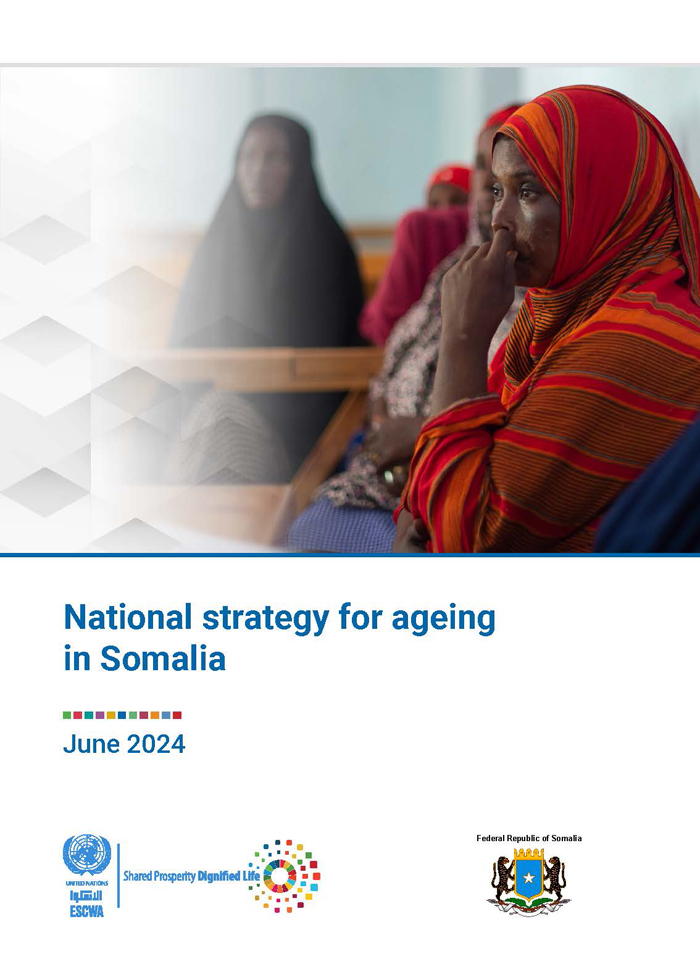
ESCWA Publication: E/ESCWA/CL2.GPID/2024/Policy brief.2
Country: Arab Republic of Egypt
Publication Type: Policy briefs
Cluster: Gender Justice, Population and Inclusive Development
Focus Area: Gender equality
Initiatives: Reducing inequalities, Women’s economic empowerment
SDGs: Goal 4: Quality Education, Goal 5: Gender Equality, Goal 8: Decent Work and Economic Growth, Goal 10: Reduced Inequalities, Goal 16: Peace, Justice and Strong Institutions
Keywords: Competition, Egypt, Employment creation, Gender equality, Informal sector, Small and medium enterprises, Technological innovations, Unemployment, Women's advancement, Women's employment, Youth employment
A better future: SME potential to generate youth employment in Egypt
March 2024
Small and medium-sized enterprises (SMEs) are a critical employer of young people in Egypt. The ratio of young people working in SMEs in Egypt is 89 per cent, compared with 77 per cent of the overall working age population.
The present policy brief examines SME employment trends in Egypt and how SMEs can be supported to drive youth employment creation. It presents the fastest growing sectors for employment creation and analyzes one of the greatest challenges facing SMEs in Egypt, namely competition with the informal sector. It suggests that encouraging youth upskilling and youth-led innovations, particularly for female youth, and encouraging formalisation of SMEs would support both SME growth and employment creation for youth.
Related content
Gender equality
,
Small and medium-sized enterprises (SMEs) are a critical employer of young people in Egypt. The ratio of young people working in SMEs in Egypt is 89 per cent, compared with 77 per cent of the overall working age population.
The present policy brief examines SME employment trends in Egypt and how SMEs can be supported to drive youth employment creation. It presents the fastest growing sectors for employment creation and analyzes one of the greatest challenges facing SMEs in Egypt, namely competition with the informal sector. It suggests that encouraging youth upskilling and youth-led innovations, particularly for female youth, and encouraging formalisation of SMEs would support both SME growth and employment creation for youth.



